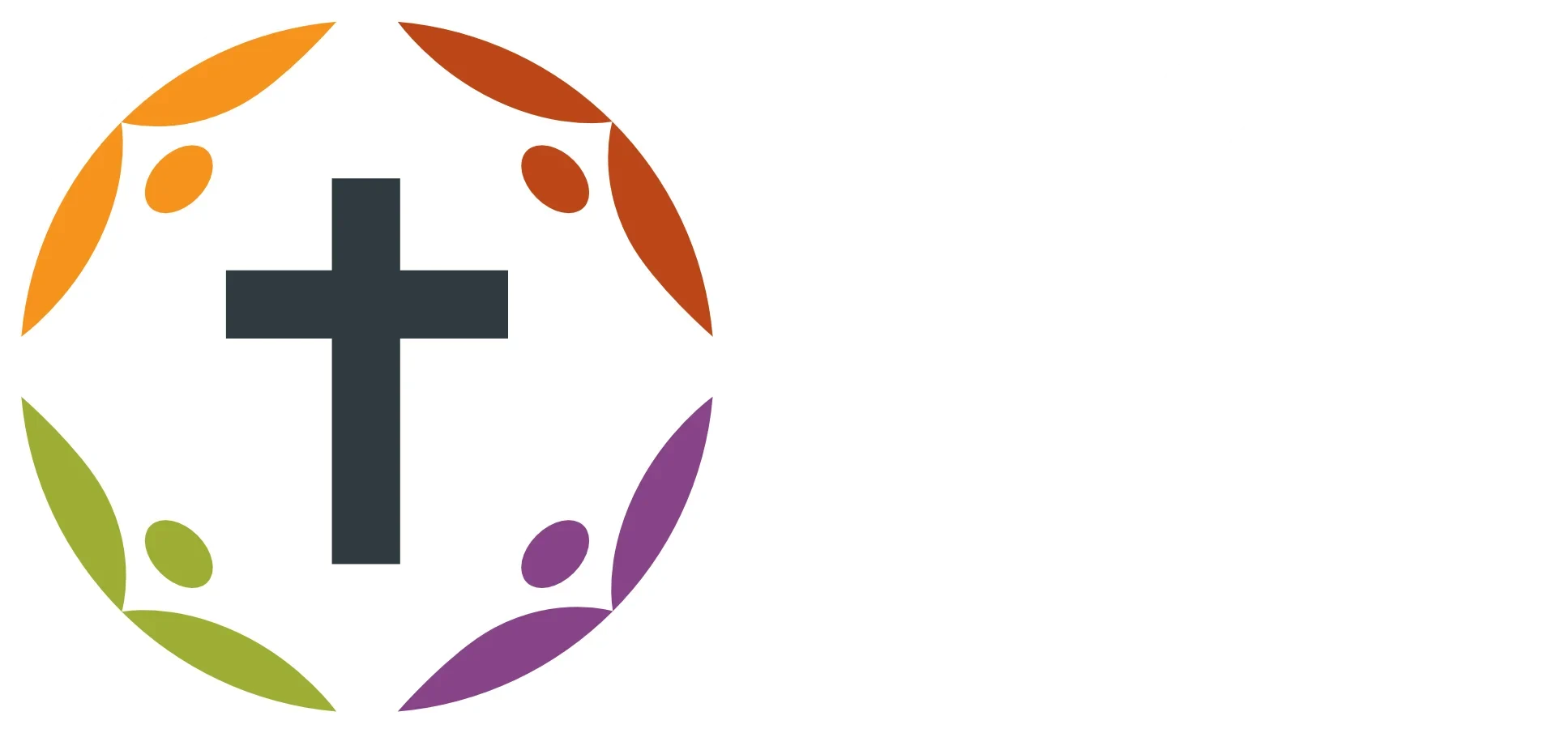By My Spirit
I am hopeless at remembering the names and ages of my friends’ children. I even struggle to remember how old my nephews are, and there are only two of them!
If like me you’ve started our Bible Reading Plan you may have been reading some lists of names. Stream 3 begins in the book of Ezra with a huge list of people returning to Jerusalem from Exile. Stream 4 begins with Matthew’s genealogy of Jesus listing 14 generations from Abraham to David, 14 generations from David to the Exile, and 14 generations from the Exile to Jesus – in the Hebrew numbering system 14 is spelled DVD’ – not the disc but the King: David. Then Stream 5 starts in Acts with a list of the apostles gathering in the days after Jesus rose from the dead.
That’s not unusual: such lists are common in the Bible. But why?
It goes back to God’s first promise to Abraham: ‘I will make you a great nation’ through which all other nations will be blessed (Genesis 12.2-3). God repeats the promise after providing a lamb to save Isaac: through your offspring all nations on earth will be blessed’ (Genesis 22.18). God’s people kept records so they would know who was in the family of blessing – and who was not.
There are clues in the Old Testament though that show this isn’t quite what God meant. Foreigners could be counted in God’s family – even in the lineage of King David. True-born Israelites could be rejected – like King Saul. What matters to God isn’t where you’re born but where your heart is: is it set on him, or on the ways of the world?
This lesson is hard to learn. We want to make things happen – especially when God seems distant or slow. This is what Abraham did when he and Sarah still had no son ten years after the promise. Instead of waiting Abraham had a child with Sarah’s maidservant… and it didn’t end well.
This lesson is hard to learn, because it’s hard to trust God, especially in things that matter, in things we really care about. It’s hard not to try and make things happen
Here’s a verse that I felt God speak to Christ Church when I was first appointed as your vicar. I shared it in the very first interview Jess and I did with Graham Romp: ‘”Not by might nor by power, but by my Spirit,” says the Lord Almighty’ (Zechariah 4.6).
I was reminded of that this week as I prayed about what to share in this new year reflection. Whatever we hope to do or build this year – let’s begin it with a simple prayer: ‘Come, Holy Spirit.’ Every morning let’s pray, ‘Come, Holy Spirit.’ When we are doing something or struggling with something let’s pray, ‘Come, Holy Spirit.’
This verse isn’t telling us off, it’s a promise: we don’t need to be mighty or powerful, because we have the Spirit of God – the Spirit of the one who raised Jesus Christ from the dead, the Spirit by which we cry, ‘Abba, Father.’
‘”Not by might nor by power, but by my Spirit,” says the Lord Almighty’ – so come, Holy Spirit.
